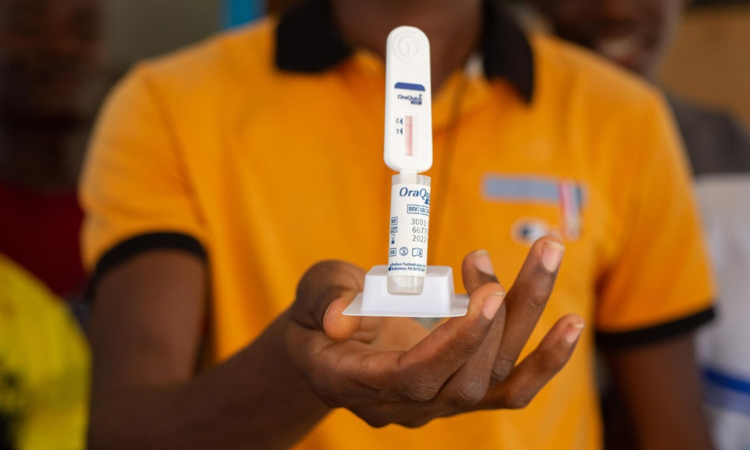
24June marks the start of Self-Care Month, which ends with Self-Care Day on 24 July. This symbolic day was chosen because self-care can be practiced “24 hours a day/7 days a week”.
Self-Care Month is an opportunity to:
During the month, people around the world will be celebrating self-care practices and interventions and the difference they can make to everyone’s lives.
Below is information about what self-care is, why it is so important and how you can get involved.
WHO defines self-care as individuals, families and communities’ promoting and maintaining their own health, preventing disease, and coping with illness and disability, with or without the support of a health worker.
Self-care interventions are the evidence-based tools that support self-care. They include medicines, counselling, diagnostic kits, and digital technologies. Now is an exciting time with more and more tools being developed.
Self-care is about empowering people to be active agents in their own healthcare. Doing so not only puts people at the centre of their own healthcare, but also relieves pressures on health systems. Those pressures are growing and include:
Self-care interventions give people choice and the option to access healthcare wherever and whenever they want to.
Self-care interventions do not replace health systems, they enhance them. They are part of a holistic approach to healthcare which improves Primary Health Care and contributes to Universal Health Coverage.
There lots of things you can do:
Infographics, social tiles and more videos
Related
WHO Guideline on self-care interventions for health and well-being
Classification of self-care interventions for health: a shared language to describe the uses of self-care interventions
News
Fact sheets
Feature stories







